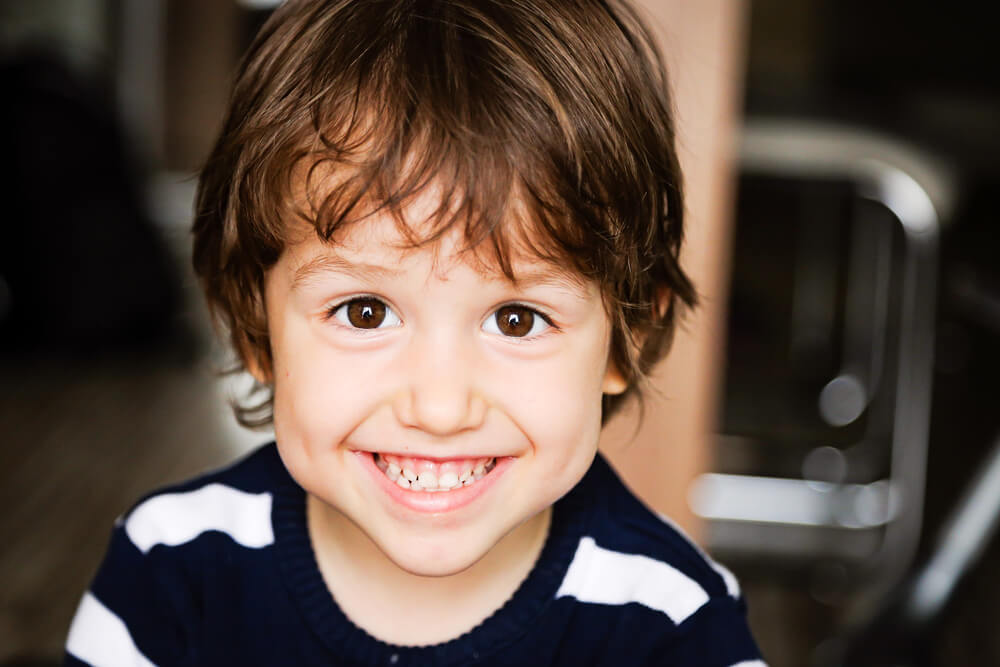
Everyone knows there’s a difference between baby teeth and adult teeth. But have you ever wondered why we lose our teeth as kids or why some kids develop adult teeth faster than others? As pediatric dentists in Brooklyn, we’re experts when it comes to all things kids’ teeth. We’ve had special training in caring for the dental needs of kids and teens, so we know what makes each child’s mouth unique and how their teeth will change as they grow up.
As the parents of our patients at Bitesize Pediatric Dentistry know, it can be tricky to get kids interested in their teeth at an early age. But there are tons of cool and surprising facts you can share with them to get them excited about how their teeth function and develop. That way, when their front tooth gets wiggly, they’ll understand why and can look forward to their new, grown-up teeth.
Table of Contents
Fun Facts About Kids Teeth
When kids understand how their bodies work, they become more confident and ready to show off their smile, toothless and all. Here are seven fun facts about teeth that you (and your kids) might not know.
1. We all develop two sets of teeth in our lifetime
Okay, we’ve kind of already covered this one and most people already know this. But did you know our first set of teeth (also known as baby teeth) has less teeth than adult set? We begin to develop our baby teeth at around six months old, which has 20 teeth. The second set, our adult teeth, has 32 teeth and develops between the ages of 6 and 12.
2. We have four different types of teeth
Not all teeth are created equally! Humans have four distinct types of teeth that we use to bite, chew and grind our food. Each type has a different function. Incisors (at the front of the mouth) are sharp and are used to cut our food into small pieces. The canines (at the “corners” of your dental arch) are sharp and pointed, helping us grip and tear our food. Our premolars, which only develop as adult teeth, have a flat biting surface that’s used to crush food down. Lastly, our molars have the largest surface which helps us break down and mash our food into digestible pieces.
3. Your teeth are as unique as your fingerprint
As most of us know, our fingerprints are entirely unique to us. The same is true about your teeth (and your tongue print). Not a single person in the world has the same set — not even if you have an identical twin! Your teeth are special and they are yours, so take good care of them.
4. Tooth enamel is the strongest thing in your body
Yep, the enamel on your teeth is stronger than your muscles or bones. Like your bones, enamel is made up of calcium and phosphate, but it also has specific proteins and crystallites that make it even stronger. Enamel forms the outer layer of your teeth, kind of like a shell that protects your teeth from damage and decay.
5. Your teeth are kind of like icebergs
Not all of your teeth is visible to the naked eye. A third of your teeth are hidden beneath your gums, which means it’s just as important to take care of your gums as the part of your teeth you can see. Brushing and flossing will keep your gums healthy, so this should always be a part of your daily routine. In fact, if you skip flossing, you’re missing nearly 40% of your teeth’s surfaces!
6. You could fill two swimming pools with your saliva
You heard that right! Over the course of your lifetime, you’ll produce over 25,000 gallons of spit. We know that sounds gross but saliva is extremely important. It helps us break down enzymes, digest our food and protects our teeth from bacteria.
7. It’s a lot easier to smile than to frown
The exact numbers are unknown because it varies from person to person (and smile to smile), but it always takes more muscles to frown than to smile. Not only that: smiling more is proven to make you happier! So turn that frown upside down and show off your beautiful smile. The world will smile right back at you.






